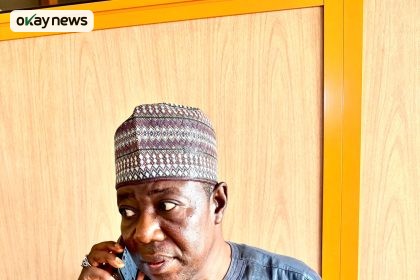The debate over online accountability in Nigeria resurfaced on Monday after the Senior Special Assistant on Public Communication and Social Media to the Minister of the Federal Capital Territory, Lere Olayinka, proposed strict new conditions for social media account ownership.
In a post shared on his official X account, Olayinka suggested that before any Nigerian can create or manage a social media account, they must provide their National Identification Number (NIN) as well as a valid government-issued Identity Document (ID), such as an international passport, voter’s card, or driver’s license.
Quoting his own statement, Olayinka wrote:
“NIN, Valid Identity Card (International Passport, Voter’s Card, Driver’s Licence). These two should be made compulsory to open and operate social media accounts. This proposal seeks to reduce misinformation and increase online accountability.”
Linking Identity to Digital Accountability
Nigeria’s NIN system is already deeply integrated into daily life, being required for banking services, mobile phone registrations, and even government-related applications. Extending its application to social media could create a unified framework that links online activity directly to verified identities.
Supporters argue that such measures could significantly reduce the spread of fake news, cyber-bullying, and the influence of anonymous accounts often used for malicious activities. Critics, however, worry that the policy could infringe on privacy and freedom of expression if not properly regulated.
Global Comparisons
Some countries have experimented with forms of identity-linked online activity, but many remain cautious due to concerns about censorship and data misuse. Nigeria’s proposal, if implemented, would place it among the most stringent regulators of digital identity in Africa.
okay.ng reports that Olayinka’s call adds to a growing discussion among policymakers on how best to balance freedom of expression with the need for safety and accountability in Nigeria’s digital ecosystem.







